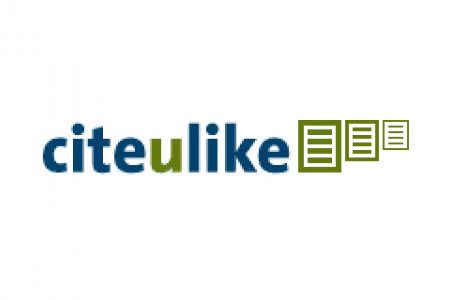Get Organised: Managing Your References Online
What are reference managers? Why would they be useful? And how do they tie into altmetrics, if at all? This month's focus will be on Mendeley and Zotero, the two largest social reference managers.
What are reference managers? In the course of your research, whether you're just starting a project with a literature review or in the process of writing up your findings, the need to be organised and methodical in collecting your sources will be ever-present. Where in the past people used index cards or dedicated notebooks, and later word-documents, these days many people will use special software to manage their references. These reference managers come in both proprietary forms and free-to-use versions, with most universities only supporting only specific reference managers. In the case of Leiden University the proprietary reference manager supported is EndNote, while additional support is given for Mendeley, a free-to-use reference manager, which incorporates more than just organising and compiling references in its services.
What makes Mendeley and Zotero different?
Together with its competitor Zotero, Mendeley is known as a social reference manager, not only allowing you to perform the usual tasks available from a reference manager, but also allowing you to collaborate in groups and follow other researchers in your field to see what they are reading. This social component is what differentiates them from traditional reference managers and also makes them of interest as regards altmetrics. While Zotero was developed earlier, what set Mendeley apart was that it was developed as a hybrid, with both a desktop and a web component, and it was internet browser and computer platform agnostic, whereas Zotero could initially only be used in conjunction with the Mozilla internet browser.
One of the advantages of using Mendeley and Zotero versus a proprietary reference manager such as Endnote is that they are free to use and are easily converted to different formats. If you use your institution's preferred reference manager for your MA thesis and move to a different university for your PhD, chances are that you won't be able to easily convert your reference libraries to a different format if your new university supports a different reference manager. Since Mendeley and Zotero are free to use and web-based, you'll be able to take your references libraries with you to a new workplace far more easily.
How are Mendeley and Zotero incorporated into altmetrics?
Neither Mendeley or Zotero are part of the core data that create an altmetric score. However, Mendeley readership numbers are given on the details pane of the Altmetric donut together with the number of saves on CiteULike. Mendeley has more detailed readership statistics for the articles in their research catalogue on their site. Zotero isn't shown on the Altmetric donut yet as they currently don't have this sort of statistics break-down on their site, let alone available to third-parties, but last April they announced that this is currently in the works.





